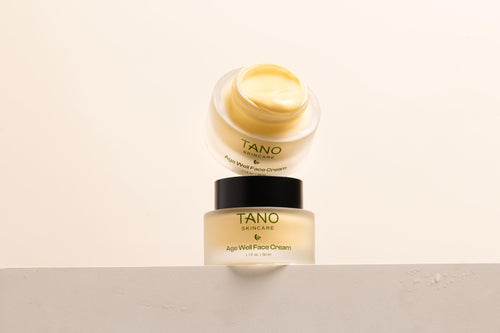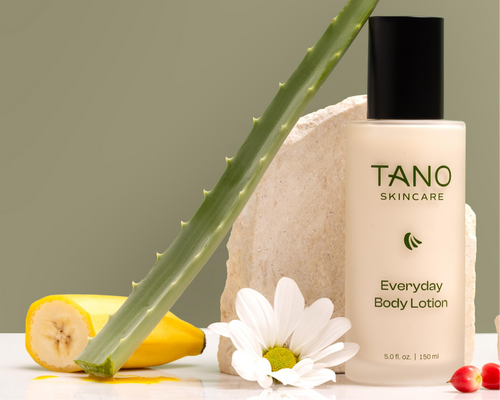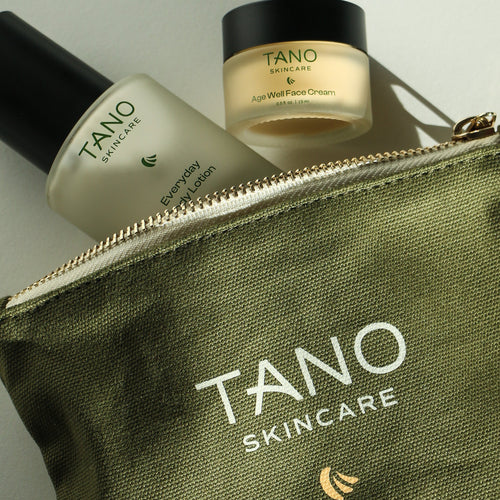Your skin barrier is your body’s natural shield: a protective layer that locks in moisture, keeps out irritants, and helps maintain balanced, healthy skin. But when it’s compromised, your skin can start sending distress signals.
7 Signs Your Skin Barrier Needs Help
- Redness or Inflammation: Skin appears red, irritated, or inflamed, and it may react to products that didn’t bother it before.
- Increased Sensitivity: Skin feels tender or stings when applying even gentle products.
- Dryness and Flakiness: Skin feels tight, looks rough, or starts flaking, even after applying moisturizer.
- Oily but Dehydrated Skin: Skin feels greasy while also feeling tight.
- Breakouts or Rashes: New rashes or frequent breakouts, especially if this wasn’t a prior concern.
- Itchiness: Persistent itchiness can be a sign of dehydration or irritation due to a weakened barrier.
- Products Seem Less Effective: Your regular skincare products don’t seem to work as well because your skin can’t properly absorb them.
How to Fix a Compromised Skin Barrier
If you think you’ve compromised your skin barrier, don’t worry. With the right steps, you can repair and strengthen it. Here’s how:
- Simplify Your Routine: When your skin is irritated, less is more. Stick to a minimal routine with a gentle cleanser, hydrating serum, and nourishing moisturizer. Avoid harsh active ingredients like retinoids or strong exfoliants until your barrier has healed.
- Hydrate Deeply and Soothe Your Skin: Incorporate hydrating and soothing ingredients into your routine. Ingredients like hyaluronic acid, aloe vera, and chamomile can help draw moisture into the skin while calming inflammation. Our Age Well Face Cream is formulated with banana sap, hyaluronic acid, and jojoba oil, making it an excellent choice for repairing and nourishing your barrier while locking in hydration.
- Use a Balm to Seal in Moisture: After applying your moisturizer, seal it in with a balm to create a protective barrier and prevent water loss overnight.
- Avoid Over-Exfoliation: Over-exfoliating can further strip your skin and weaken its natural defenses. Limit exfoliation to once a week at most during this time, and opt for gentle options like lactic acid or enzymes.
- Take a Break from Makeup: It might feel counterintuitive, especially if your skin is red or uneven, but skipping makeup can help your barrier heal faster. By avoiding the additional stress of makeup, your skin will recover its natural balance more quickly, leading to smoother, healthier skin in the long run.
- Protect Your Skin with SPF: Daily sunscreen use is critical to prevent further damage, as UV exposure weakens the skin barrier.
- Stay Consistent: Healing a damaged barrier takes time. Stick to a gentle, consistent routine and give your skin the support it needs to recover fully.
Conclusion
A compromised skin barrier doesn’t have to be a permanent problem. By simplifying your routine, hydrating with gentle, yet effective products, and protecting your skin, you can restore balance and resilience. Your skin will feel better and become healthier over time.





